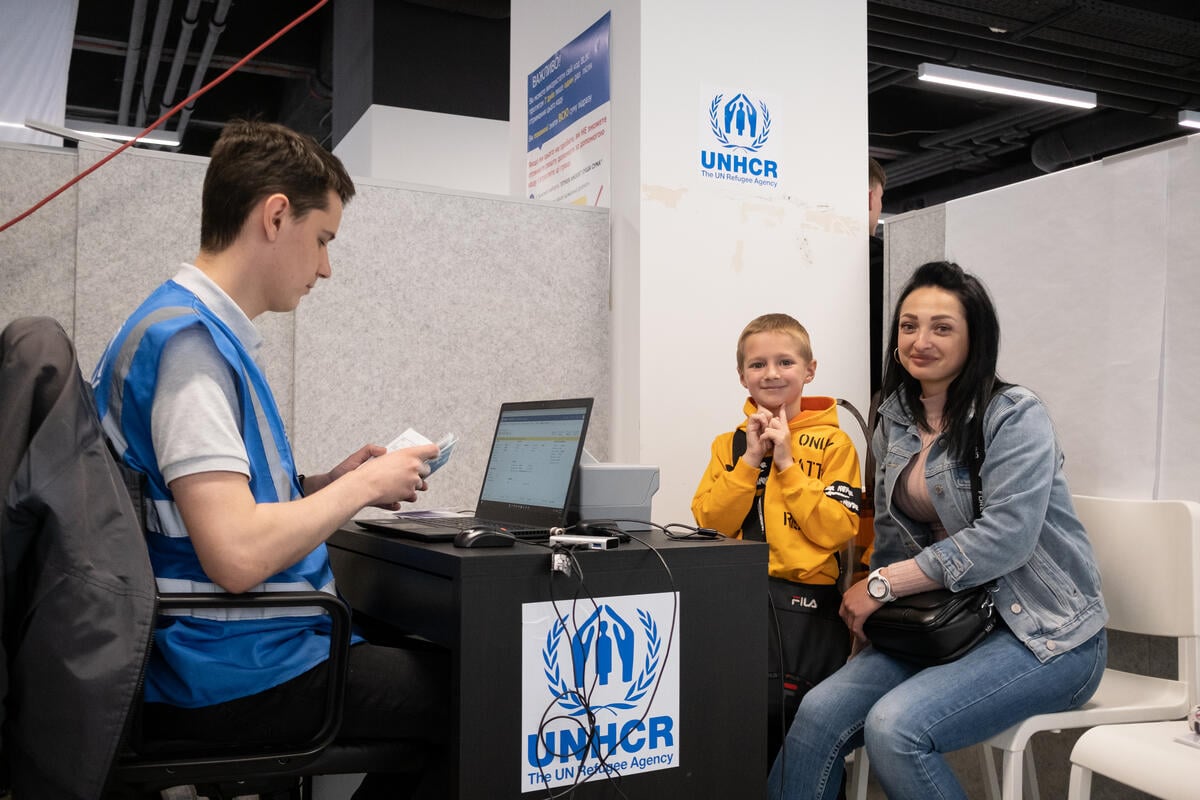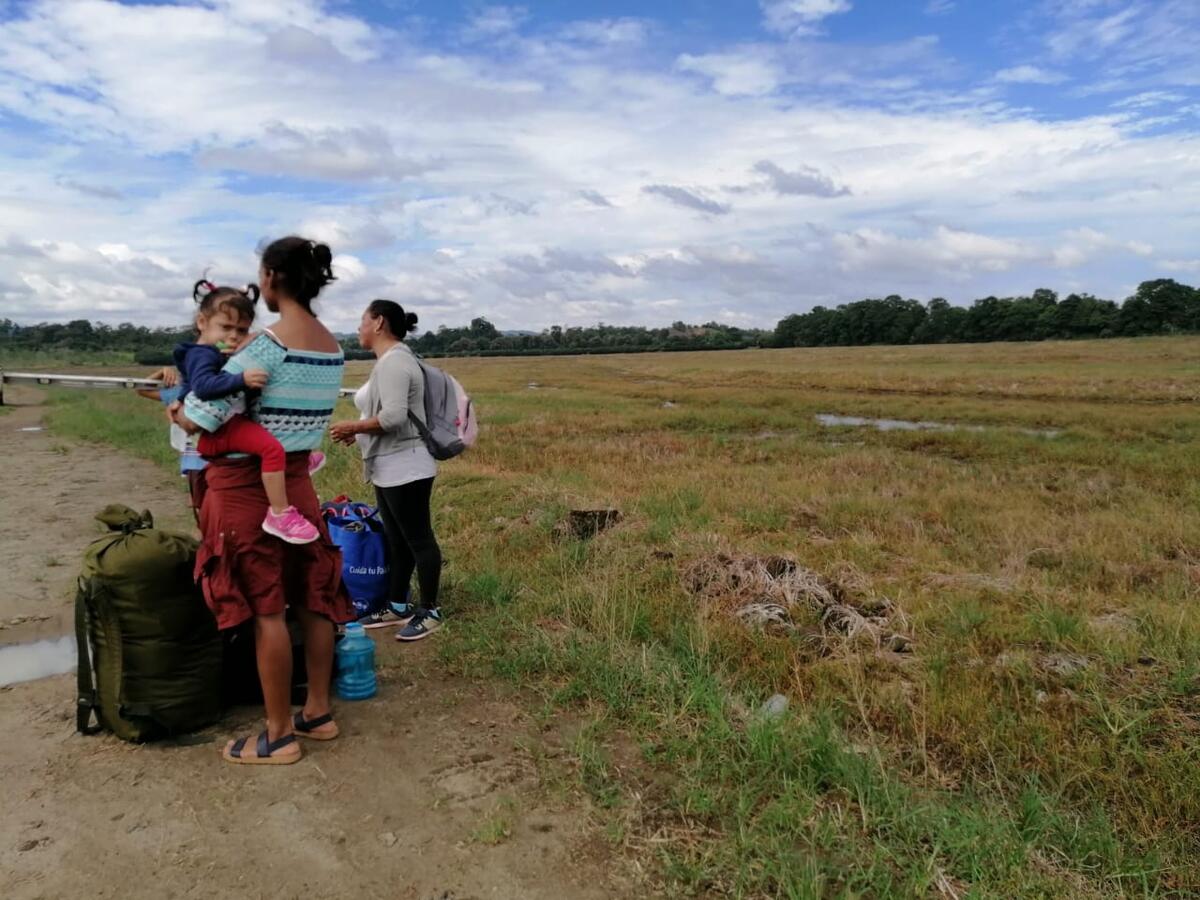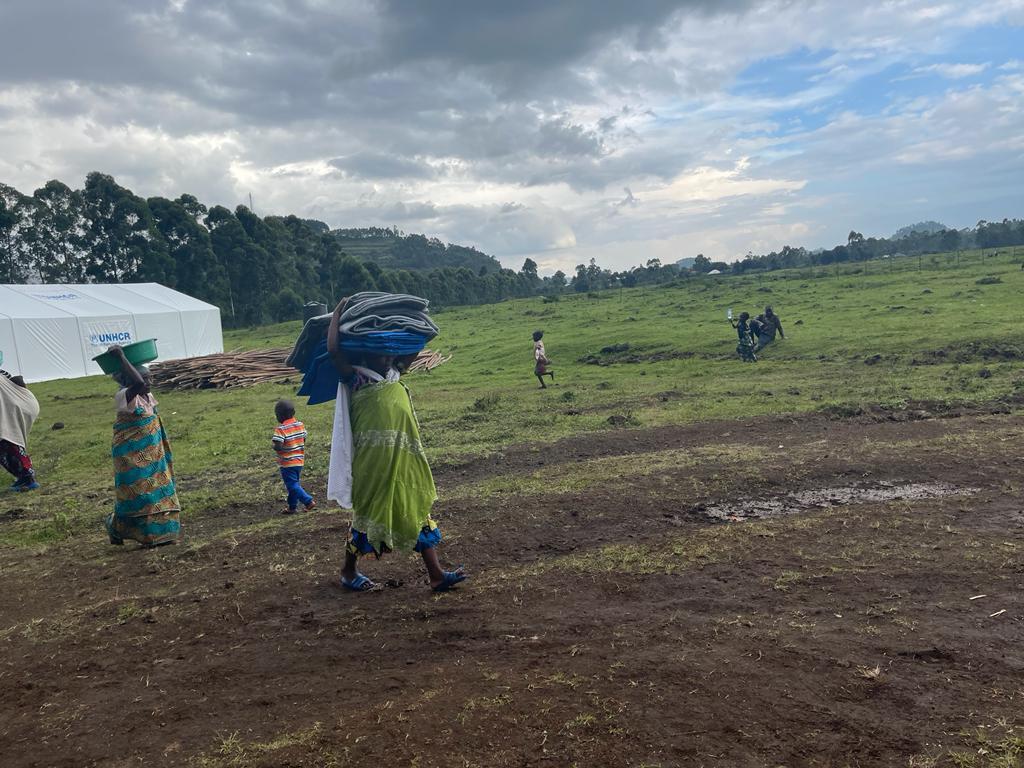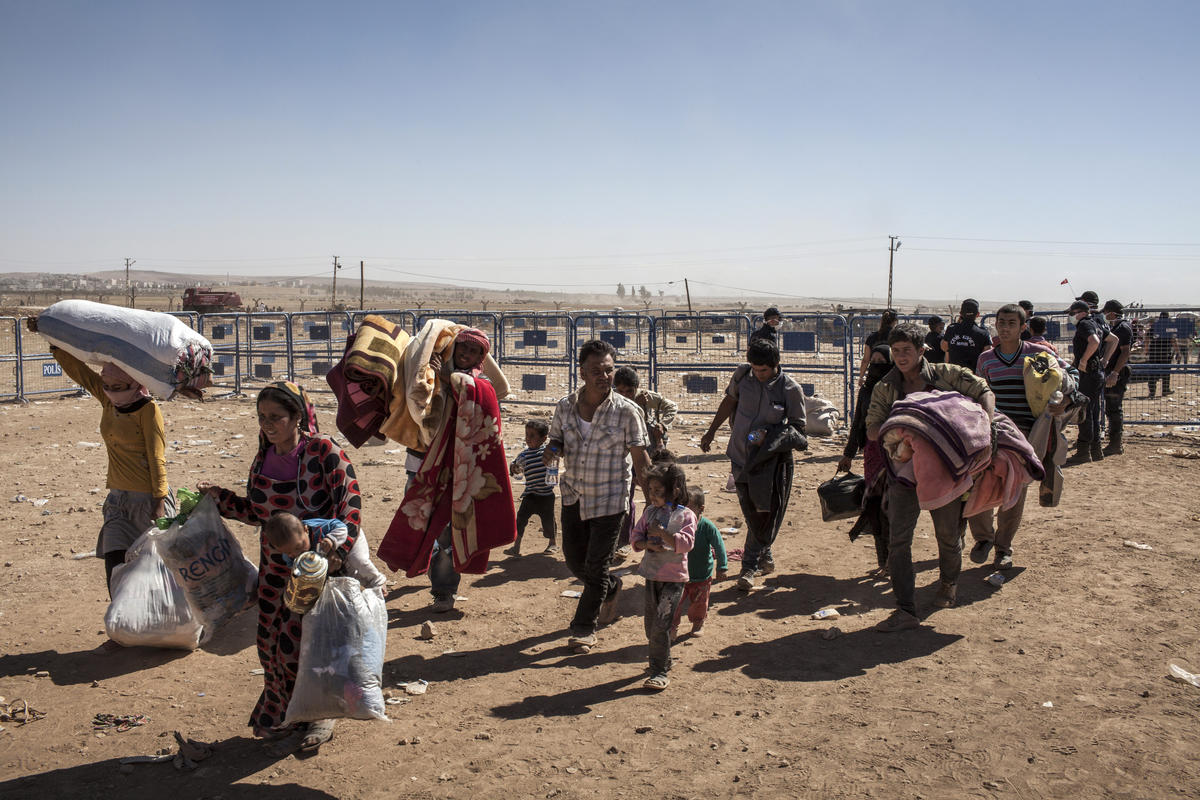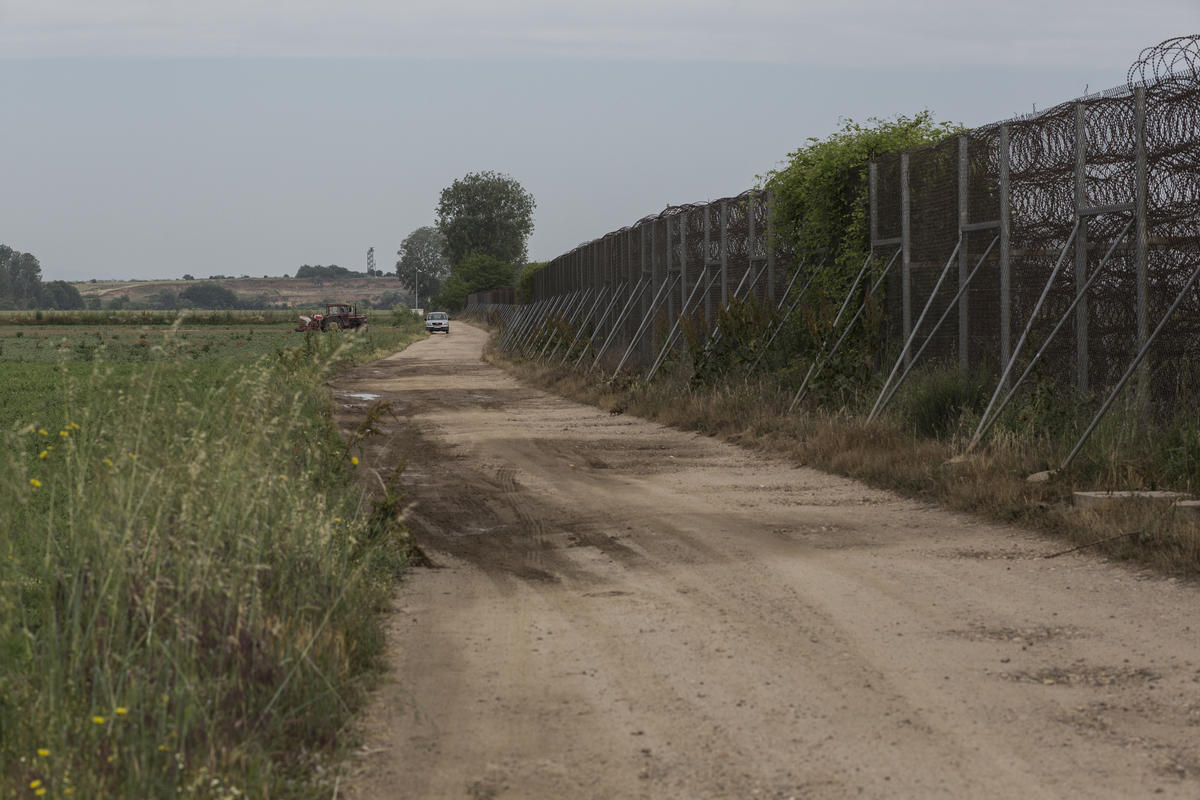Kyrgyz visit for Assistant High Commissioner to help Uzbek asylum seekers
Kyrgyz visit for Assistant High Commissioner to help Uzbek asylum seekers
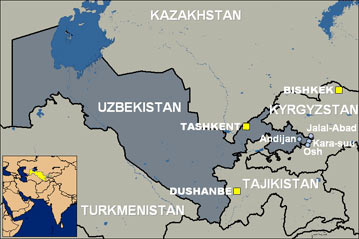
GENEVA, June 24 (UNHCR) - The UN refugee agency's Assistant High Commissioner, Kamel Morjane, is travelling to Kyrgyzstan to seek an acceptable solution to the precarious situation of some 450 Uzbek asylum seekers in the country, including 29 men facing possible deportation.
Morjane is set to leave tomorrow on a three-day mission to meet Kyrgyz officials about the fate of the Uzbeks who had fled to Kyrgyzstan following the violence in Andijan on May 13. Most of them are living in Sasyk camp in western Kyrgyzstan, but a group of 29 has been detained in Osh, near the Kyrgyz-Uzbek border.
Earlier this week, UNHCR had received reports about the impending extradition of the 29, whom Uzbekistan says are "criminals". On Tuesday, UNHCR staff in Osh gained access to the detainees and are working with the Kyrgyz authorities to put them through accelerated status determination procedures to establish whether their claims for asylum are well-founded.
High Commissioner for Refugees António Guterres and High Commissioner for Human Rights Louise Arbour have issued a statement asking Kyrgyzstan not to send anyone back to Uzbekistan without following a proper status determination procedure. UN Secretary-General Kofi Annan has also made a statement of concern on behalf of the group.
Under the 1951 Refugee Convention, of which Kyrgyzstan is a signatory, it is forbidden to forcibly return asylum seekers to their country of origin. Forced return may also be in contravention of other conventions, such as the Convention against Torture. Claims from the Uzbek government that the men are common criminals rather than refugees fleeing persecution for their political or religious beliefs - or other grounds defined by the 1951 Convention - would need to be examined extremely carefully before they could be excluded from refugee status and returned to their home country.
The remaining Uzbeks in Sasyk camp are currently undergoing refugee status determination, but their situation is deteriorating. UNHCR has received information that the Kyrgyz Prosecutor General has asked for a further 103 people to be taken out of the camp and put in detention. On Thursday, Uzbek security officers in civilian clothes were seen surrounding the camp.
The Kyrgyz authorities have come under intense pressure from Tashkent to forcibly return the asylum seekers. Two weeks ago, on June 9, Kyrgyzstan sent four Uzbek asylum seekers back to their homeland. UNHCR has had no information regarding their fate since their return in Uzbekistan.



